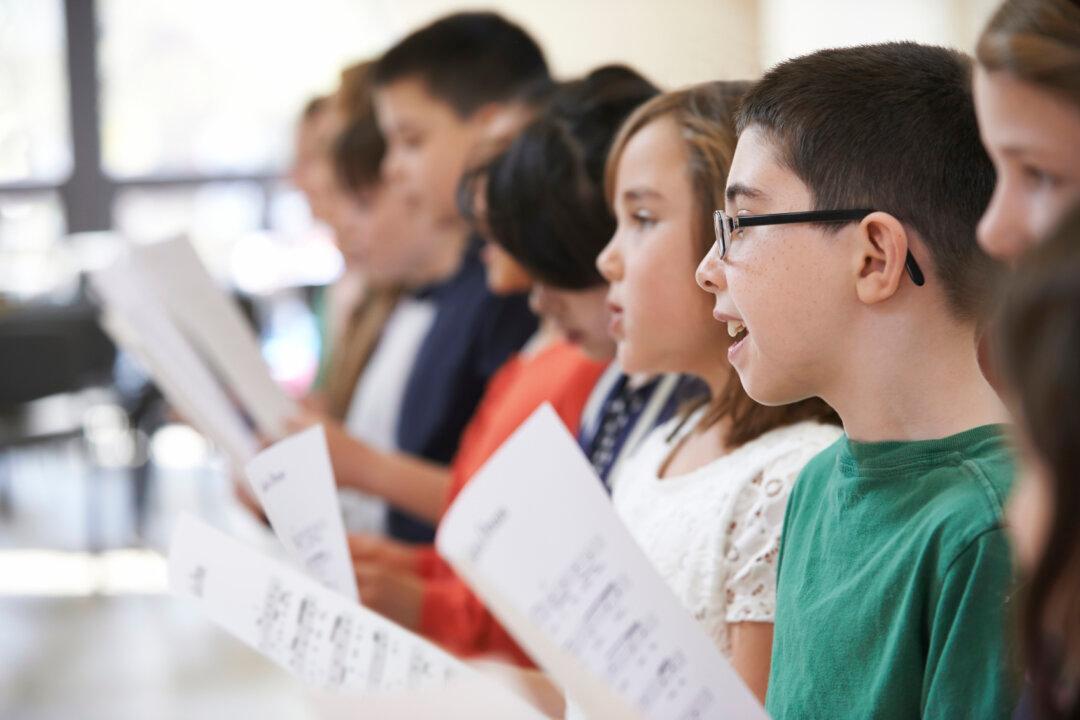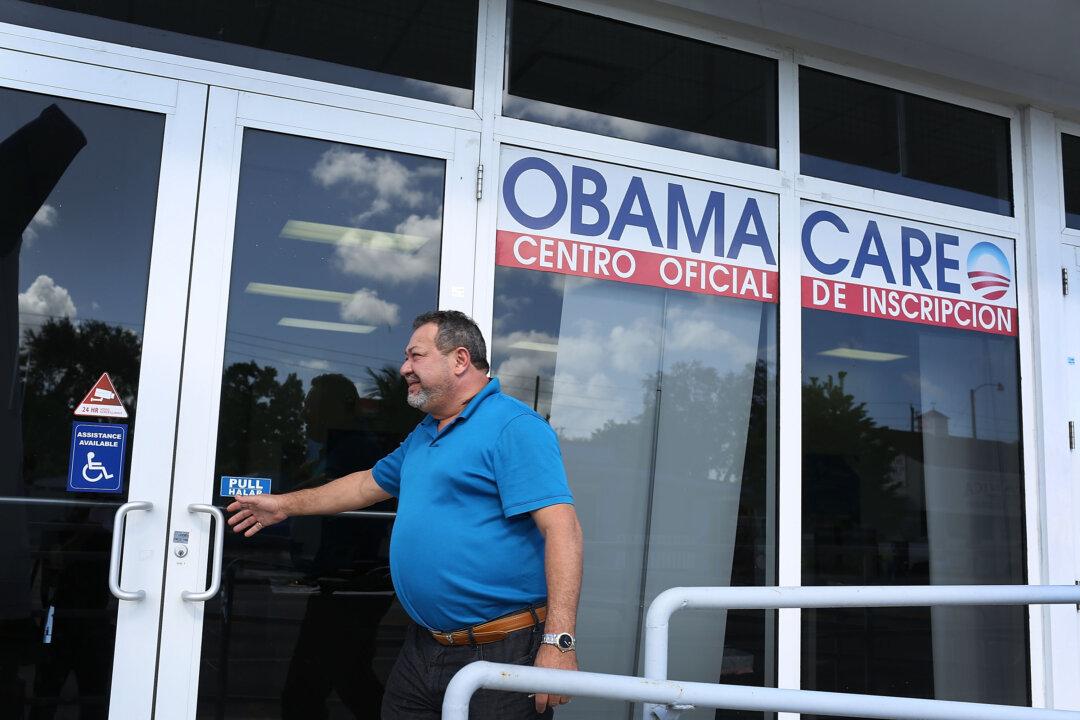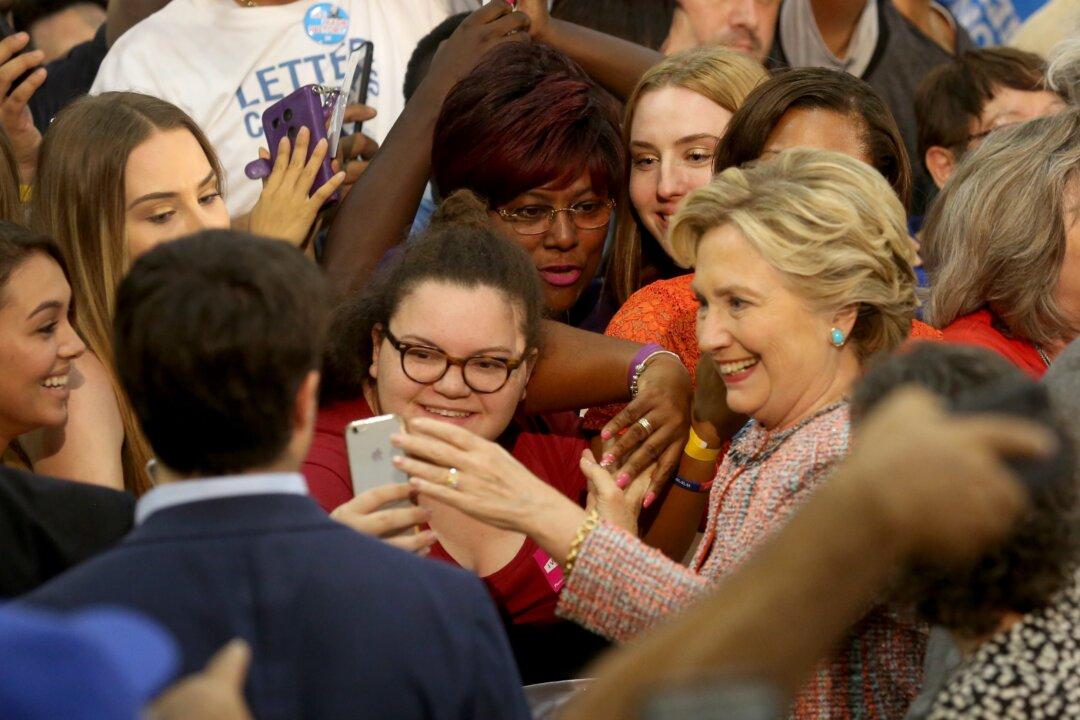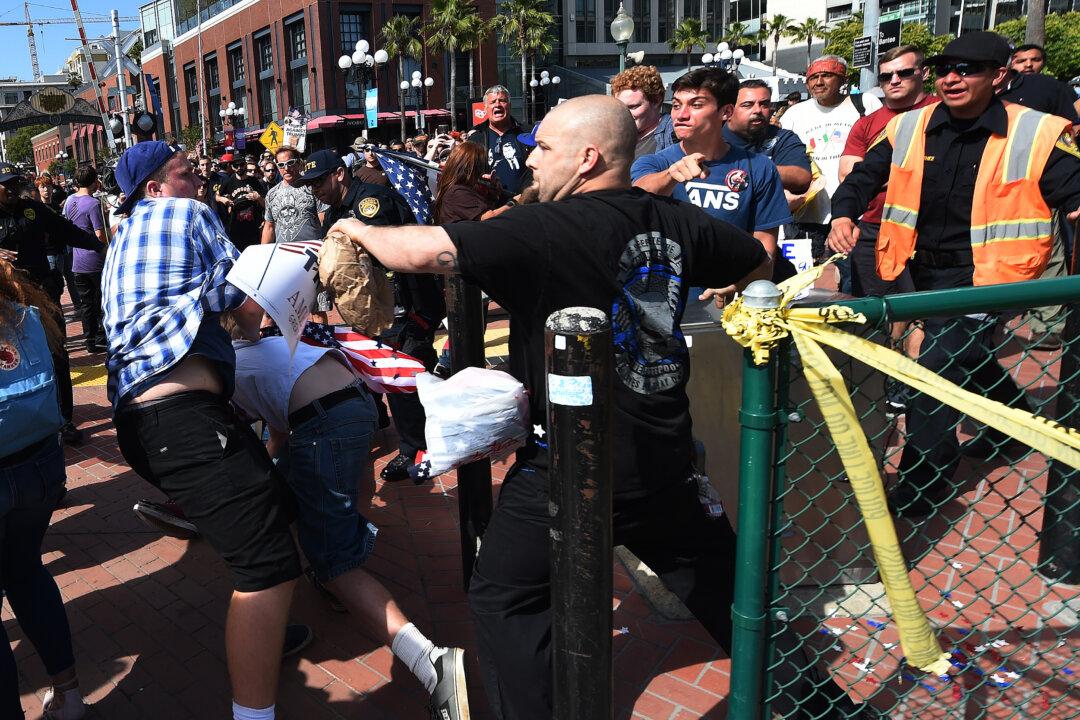A report released by the Southern Poverty Law Center on April 13 shows teachers and students across the country are negatively impacted by the presidential campaign—especially Donald Trump.
The report, The Trump Effect: The Impact of the Presidential Campaign on Our Nation’s Schools, surveyed about 2,000 teachers. The survey said that the race to the White House is “producing an alarming level of fear and anxiety among children of color and inflaming racial and ethnic tensions in the classroom.”
We've seen Donald Trump behave like a 12-year-old, and now we're seeing 12-year-olds behave like Donald Trump.
, President, Southern Poverty Law Center




